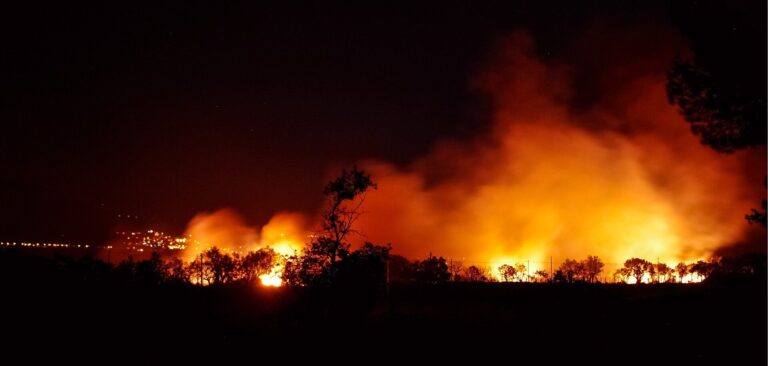The US National Science Foundation (NSF) is funding a major new data science and diversity effort at the Cooperative Institute for Research in Environmental Science (CIRES) at the University of Colorado Boulder.
With a priority placed on the inclusion of diverse voices and responding to community needs, the Environmental Data Science Innovation and Inclusion Lab (ESIIL) will facilitate work that illuminates the biological impacts of climate change and the loss of biodiversity, as well as helping planners prepare for extreme disturbances such as wildfires and floods.
Funding of US$20m for five years will support collaborative research and education involving huge biological and environmental science data sets, innovative cyber infrastructure, machine learning approaches to analysis and engagement with decision makers and other stakeholders.
Jennifer Balch, ESIIL director and an associate professor of geography and CIRES fellow, said that ESIIL promises to empower a diverse community of researchers to turn environmental data into actionable knowledge. “We want to be the structure to support vivid new science,” she said.
NSF and other agencies and organizations have established environmental networks and observatories that are generating vast amounts of open access environmental data – more data than can be analyzed to its full potential today. Balch and colleagues from across CU Boulder, the University of Arizona and the University of Oslo proposed building “a community of thousands” of researchers and students who know how to ask and answer important environmental questions with data.
The new center will link tribes and tribal colleges, other academic institutions, government agencies and private organizations.
James Rattling Leaf Sr., ESIIL’s tribal liaison, said, “Effective partnerships and communication among these groups are needed to address major challenges facing our world and ESIIL is well positioned to address those challenges.”
ESIIL will also involve students and communities, facilitating access to data and training tomorrow’s scientific workforce. ESIIL’s Stars internship program will support students and faculty members from institutions that serve underrepresented groups in STEM, starting with key partners at Oglala Lakota College, United Tribes Technical College, and Metropolitan State University of Denver. ESIIL’s Leaders program will support emerging scientists from underrepresented communities. The CIRES education & outreach team will be involved in these efforts, which will also engage diversity experts in CIRES and computer sciences.
“From students and researchers to industry, government, tribal, and non-profit partners, the ESIIL Network will be an interdisciplinary 21st-century team that is committed to generating data-driven discoveries that increase planetary resilience in an equitable way,” said Balch.



